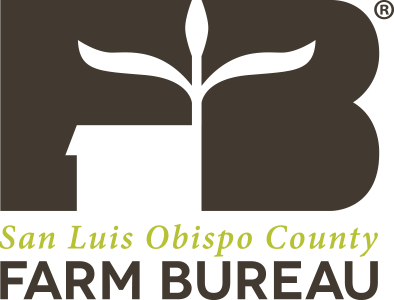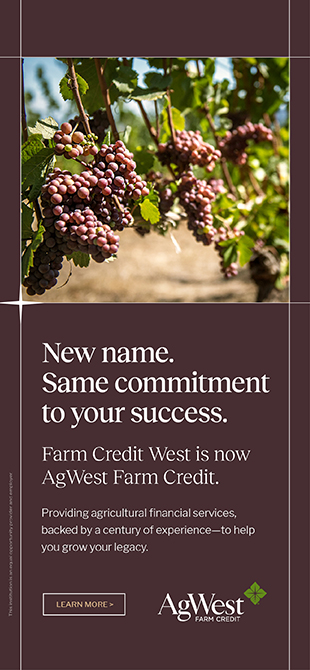
At its April 23, 2019 Board of Directors meeting, the San Luis Obispo County Farm Bureau voted to oppose AB 1783. "We appreciate the author’s good intentions to streamline the agricultural housing building process; however, we have substantial issues of concern that would adversely affect our local agriculturists" said Anna Negranti, San Luis Obispo County Farm Bureau President.
Agricultural labor shortages are a current and growing problem in our county, as is affordable housing – not just for agricultural workers, but for many. This bill would prohibit the use of state funds for construction of H-2A housing, which is becoming more of a necessity in our county. As the Nation’s largest agricultural State, we rely on both H-2A and non-H-2A workers for our employment needs.
AB 1783 would also require that the housing be maintained and operated by a qualified third-party affordable housing organization. This creates a great liability for the property owner. It would also obligate the property owner and successors to a deed restriction for 55 years that the housing be affordable and dedicated to agricultural workers only. "We feel these requirements are overly restrictive, especially due to land affordability and availability in our region, and if the land use should change" said Negranti.
Other concerns with AB 1783 are that it:
• Excludes projects on Williamson Act lands (even if the project is compatible),
• Would not apply to projects in the Coastal Zone,
• Creates a new definition of agricultural housing that ties housing rights to employee-provided rights, which are already provided (tenant-housing rights are distinct from employee-housing rights),
• Allows the State rather than local jurisdictions to oversee agricultural housing, and
• Prohibits the use of State funds for dormitory-style housing.
In addition to the above concerns, the San Luis Obispo County Farm Bureau has been working closely with the San Luis Obispo County Planning and Building Department to streamline affordable housing for our agricultural workforce for over two years. Working together, we have created a public draft at the local level that is currently in the process of becoming a local ordinance without the aforementioned obstacles.
Farm Bureau has sent letters of opposition to legislators and respective committees.



